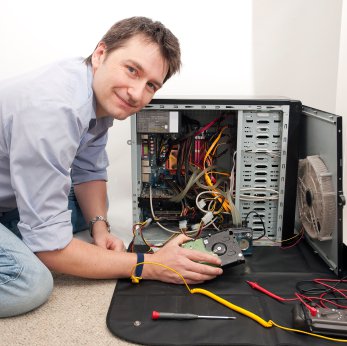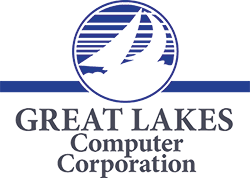Key reasons to maintain legacy systems
 The world of IT is in a state of constant flux. According to technology research company Gartner, the years to come will continue to bring innovations such as hybrid cloud IT solutions, in-memory computing, and even personal cloud computing. All of these have the potential to greatly impact how IT needs are met in the workplace, but according to Gartner’s David Cearley, businesses will need to evaluate each change on their own to determine which ones to adapt.
The world of IT is in a state of constant flux. According to technology research company Gartner, the years to come will continue to bring innovations such as hybrid cloud IT solutions, in-memory computing, and even personal cloud computing. All of these have the potential to greatly impact how IT needs are met in the workplace, but according to Gartner’s David Cearley, businesses will need to evaluate each change on their own to determine which ones to adapt.
In some cases, it will be better for businesses to continue to use their legacy systems rather than jumping on each and every bandwagon as it comes along. After all, companies that continually shift with the winds of IT change end up spending a good deal of their capital on systems that are in use for a relatively short duration. Hanging onto a legacy system for as long as possible can sometimes be the best way to achieve an outstanding return on IT investment.
Legacy systems for specialized functions
This is not to say, however, that SMBs never need to change with the times. They most certainly do, but this does not always mean abandoning a legacy system. Consider the case of an SMB running payroll out of a legacy system. The company may want to continue with this paradigm even after it adds a Web server to the network and begin to establish a presence on the Internet. The new system does not necessarily have to take over all the functions of the old.
Maintaining a legacy system
Maintaining a legacy system, such as the IBM AS400 and Midrange Servers, in operation will require some forethought, however. The OEM may prefer that companies transition to state-of-the-art systems and may actually encourage this practice by refusing to continue supporting the older computers in its roster. Some SMBs may feel at this point that the time to let the legacy system go has come, but this may not be the case at all. Continued maintenance and repair services are still available for many legacy systems through independent third-party contractors who are happy to help keep them in service for years after the OEM has abandoned them.
Data may be key
An interesting note to the legacy systems issue is the fact that for some companies, keeping a legacy system operational can benefit the company even when the system is no longer in active use. The legacy system may contain historical data that can be useful in a number of ways – but it may be cost-prohibitive to export and convert such data to current formats. A legacy system, well maintained by a third party repair firm, can therefore stand alongside a state-of-the-art server, with both contributing to the well-being of the company.
Great Lakes Computer can provide a free competitive quote for a customized maintenance program. Contact us today for more information.



